In middle school, I became intrigued with the brain. As I explored the Internet, it was challenging to find neuroscience resources that were accessible outside of universities or that contained beginner-friendly information.
In May 2019, at 16 years old, I founded Simply Neuroscience – a non-profit organization dedicated to fostering students’ interdisciplinary interests in the brain. We catalyze early and equitable neuroscience and psychology education by providing students with free online resources, opportunities, events, mentorship, and more. Simply Neuroscience’s education, outreach, and awareness initiatives include The Synapse Podcast, which highlights real-world applications of neuroscience; the Action Potential Advising Program, which connects students to mentors for career guidance; and the Synaptic Hacks hackathon, which unites youth for innovative problem-solving. The initiatives create a welcoming atmosphere where students can learn about neuroscience. Since 2019, Simply Neuroscience has grown into an international team of hundreds of volunteers, built a global coalition of 95+ organizations, and positively impacted 45,000+ students across 142 countries.
Looking to the future, Simply Neuroscience plans to partner with international organizations through grassroots projects to empower students who are looking to apply neuroscience in their communities to drive real-world impact. We will also expand our multilingual translation efforts for greater accessibility and connect with educators worldwide to enhance high school curricula with neuroscience materials.
We are on a mission to revolutionize the world of early neuroscience education and create a world where students can pursue their curiosity and passion for the brain, regardless of their location, age, identity, or background.

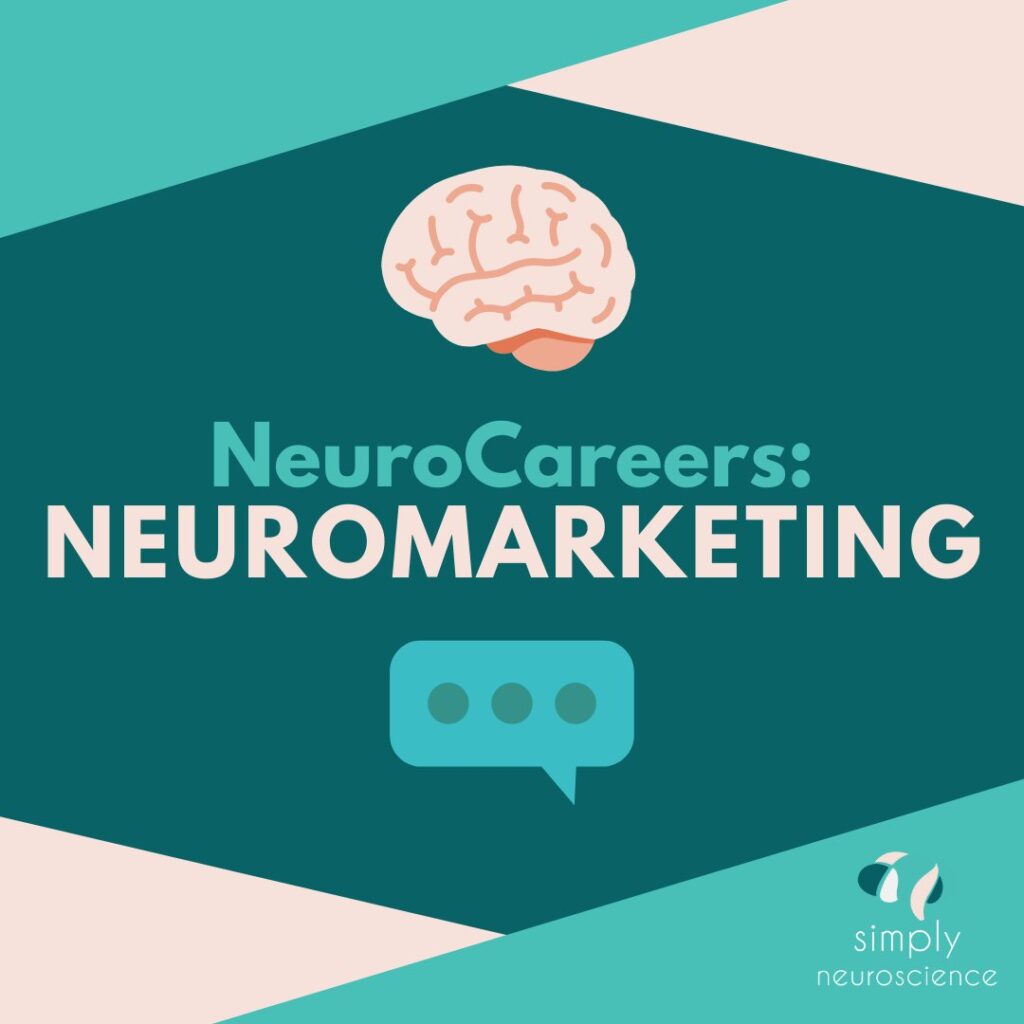
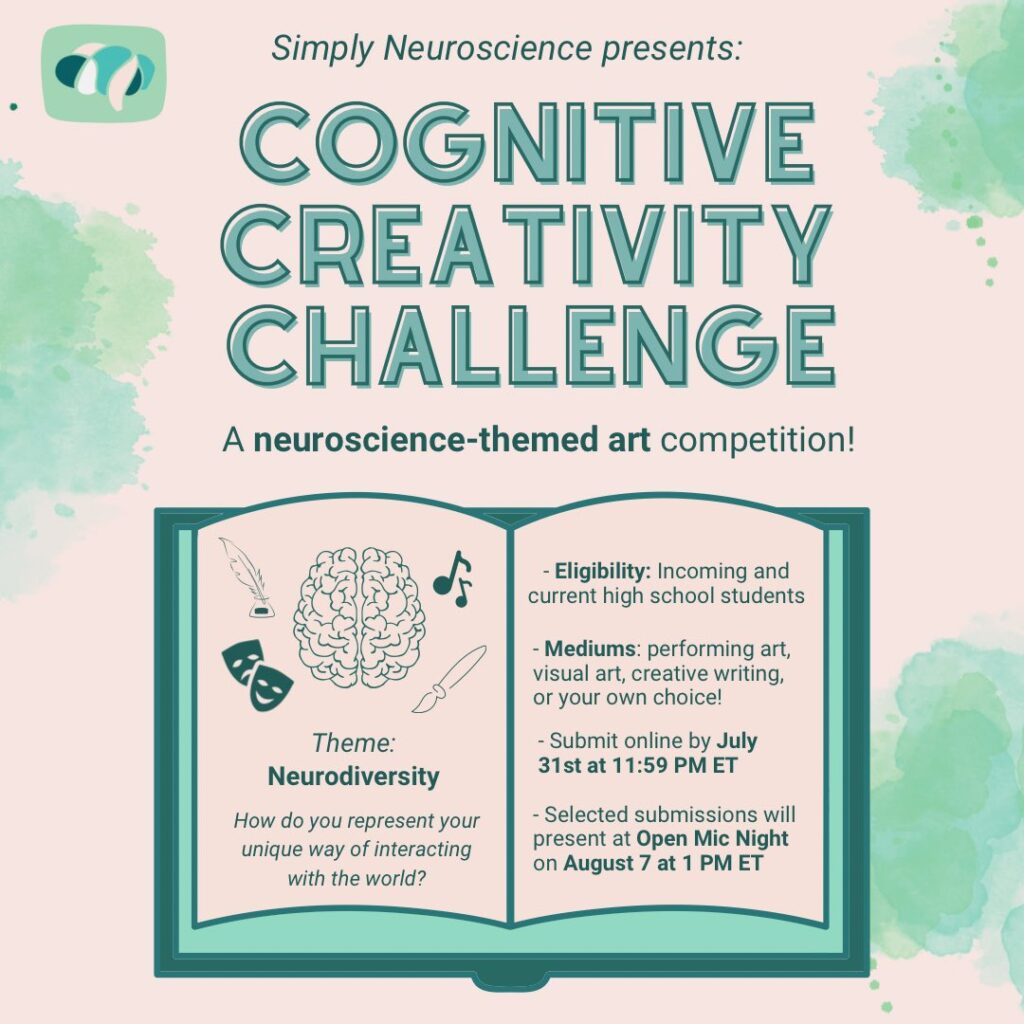
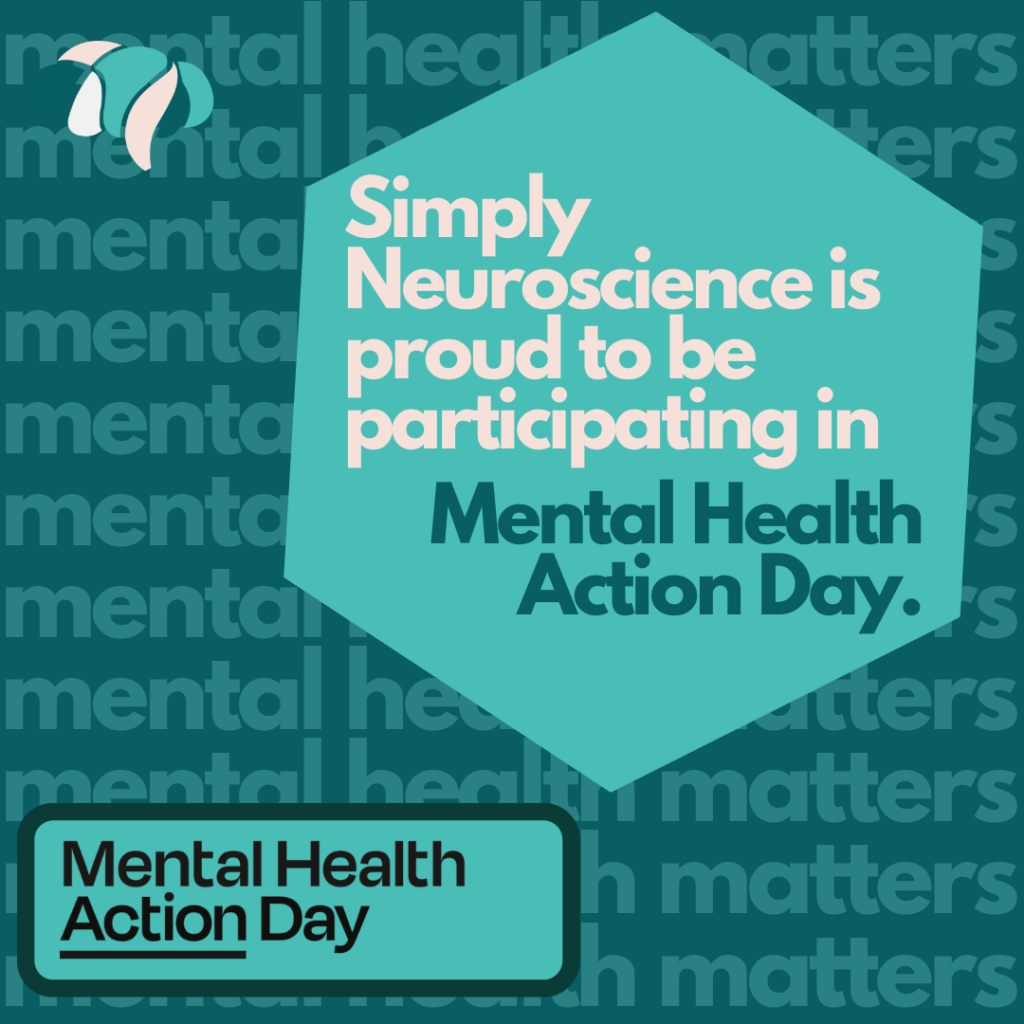
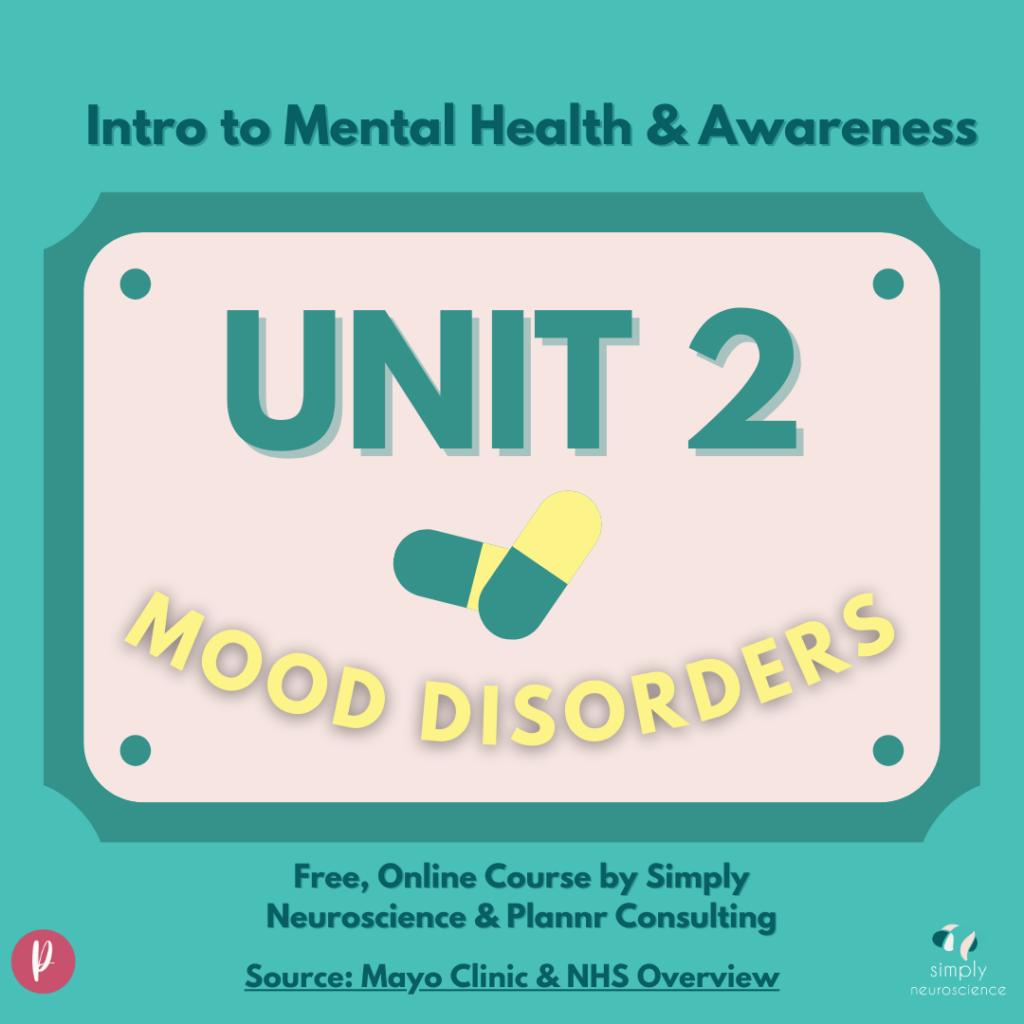
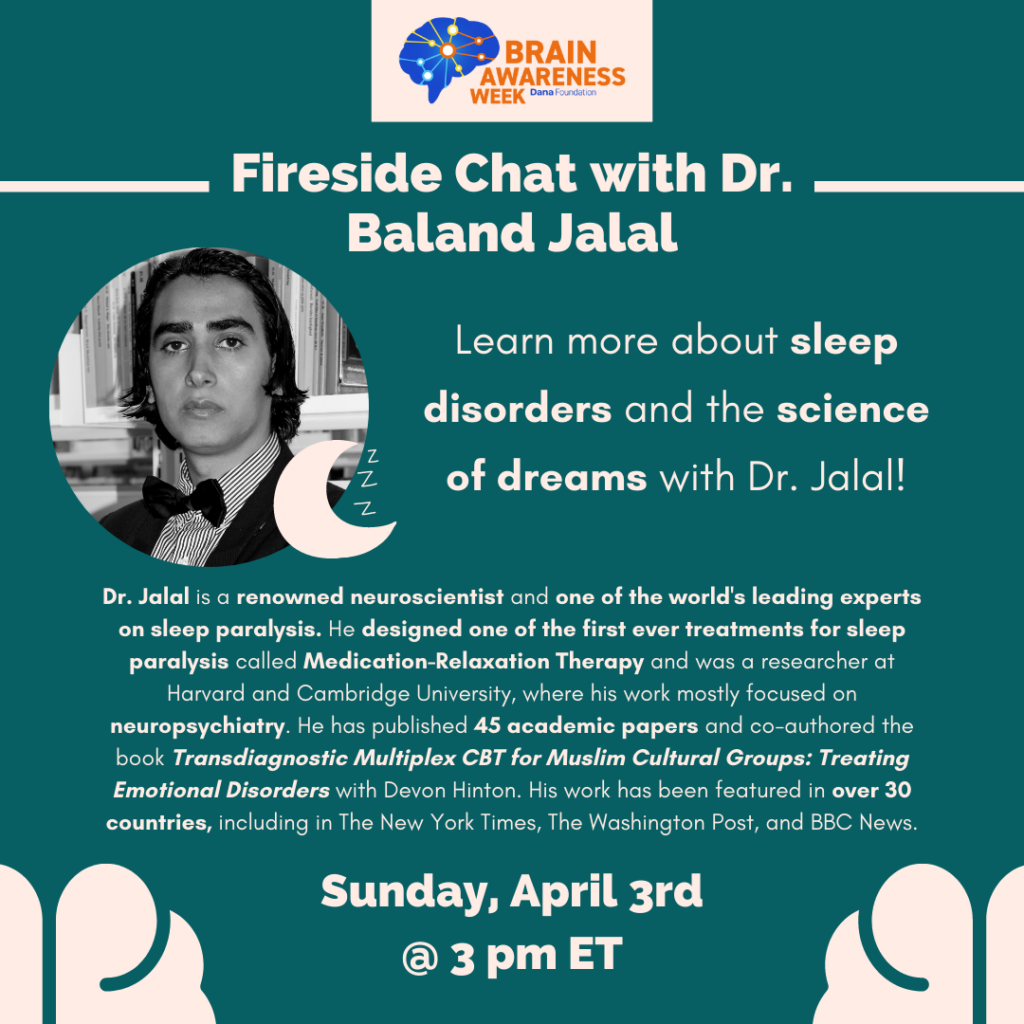
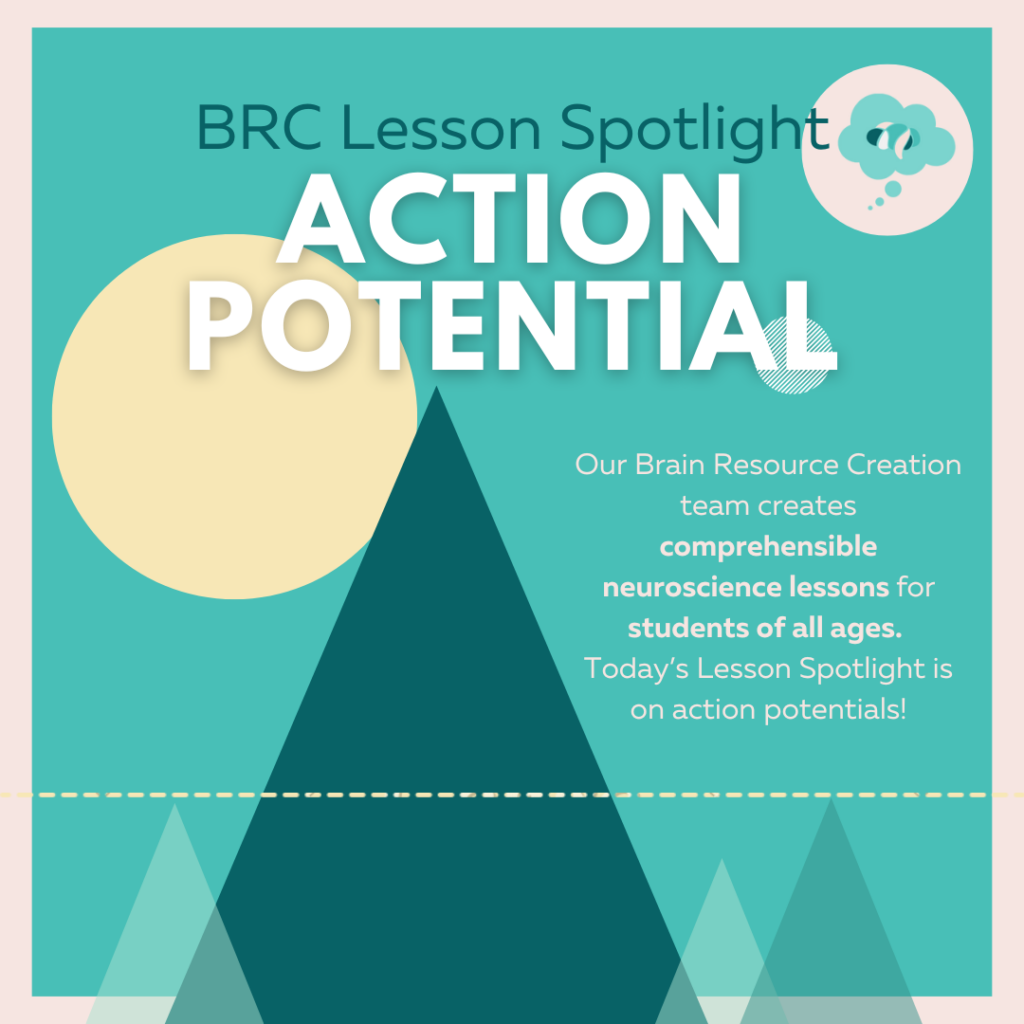
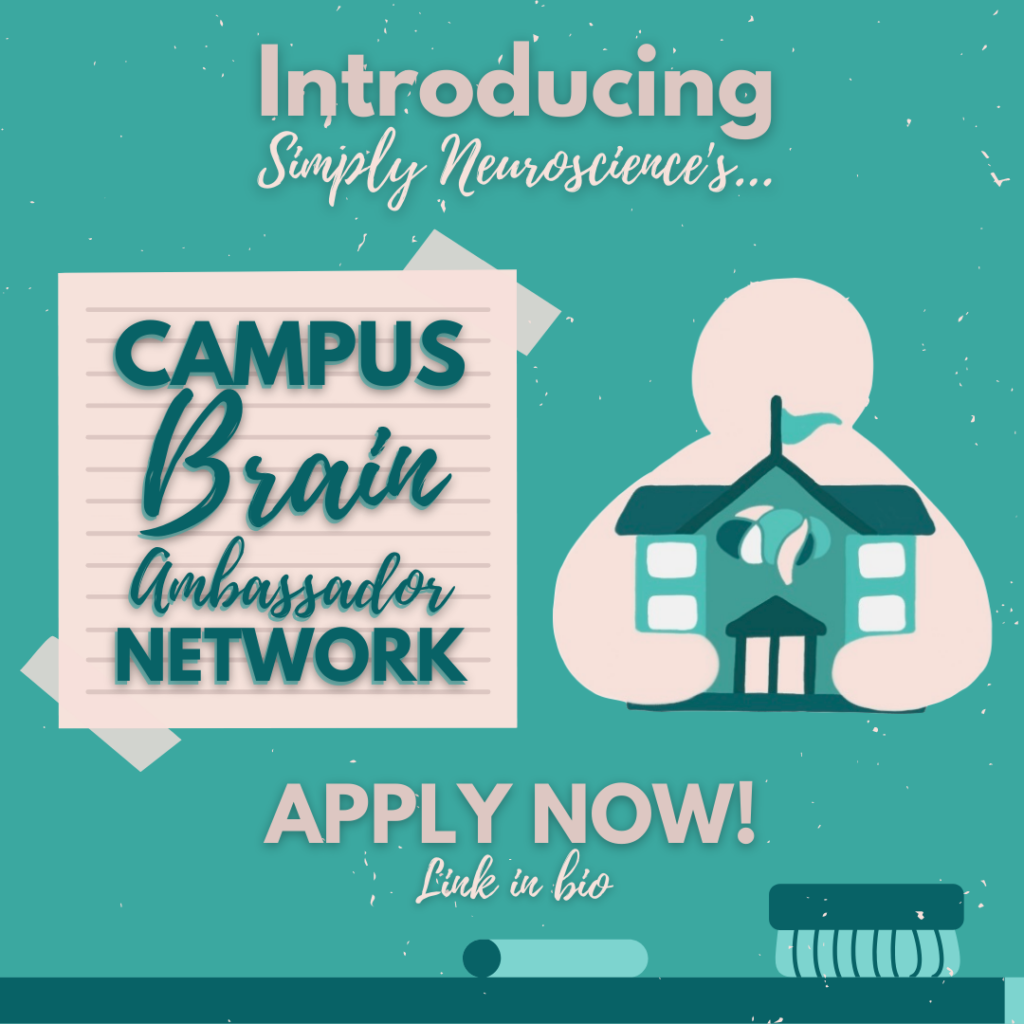
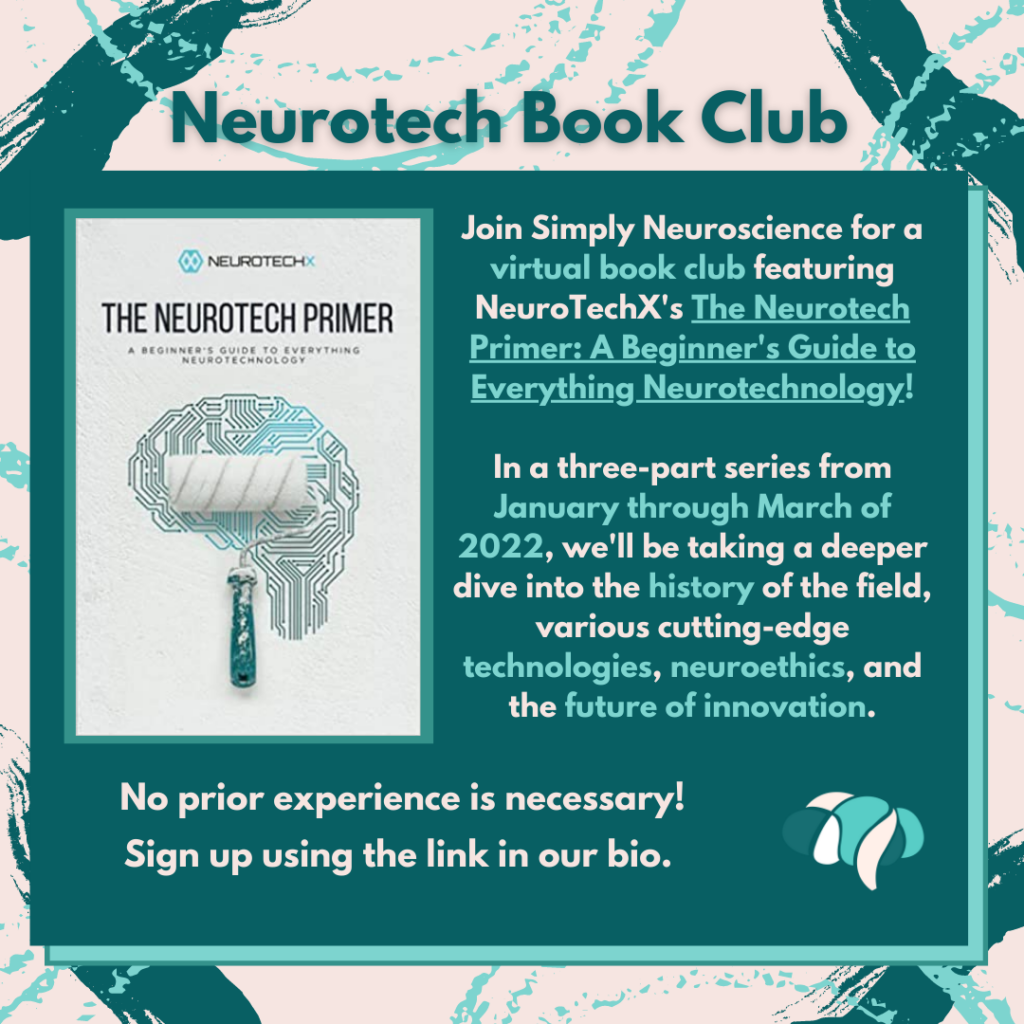
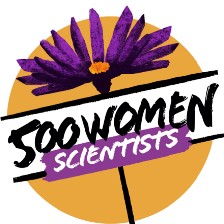
500 Women Scientists: Leadership Board Member
500 Women Scientists serves society by making science open, inclusive, and accessible. Our vision is to be the foremost organization for the transformation of leadership, diversity, and public engagement in science. As a part of the leadership team, I engage with youth outreach and volunteer in the Gage and social media/communications “wolfpacks.” Gage is the world’s largest directory of women and gender-diverse folks in STEMM.
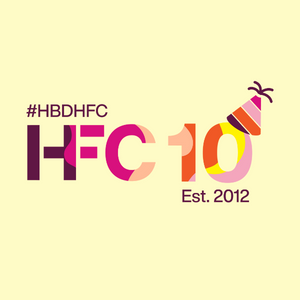
HFC: Content Advisory Board Member
HFC is a national non-profit on a mission to care for families impacted by Alzheimer’s disease, activate the next generation of Alzheimer’s advocates, and be a leader in brain health research and education. The HFCU Content Advisory Board is a group of professionals and students in various fields whose early careers have featured prestigious accomplishments. As a member, I guide the HFC team in vetting and approving content for HFCUniverse. Made up of physicians, neuroscientists, educators, and students, this body is the brain trust for HFC’s brain education content, materials, and delivery.
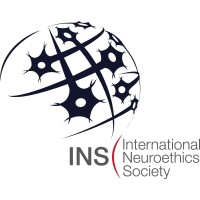
International Neuroethics Society: Student/Postdoc Committee Member
The International Neuroethics Society is an association of professionals and students interested in neuroethics. Our mission is to encourage and inspire research and dialogue on the responsible use of advances in brain science. The Student/Postdoc Committee represents early career members of the INS, their interests, and makes recommendations to the Board regarding initiatives affecting students and postdoc members. The committee currently manages the Neuroethics Essay Contest, social media takeovers, and contributes to the development of mentoring activities for Society members.
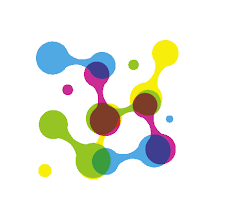
ALBA Network: Ambassador
Founded by a group of leading neuroscientists, the ALBA Network aims to promote equity and diversity in the brain sciences. The goals of the network are to (1) promote best practices to counteract bias, (2) recognize outstanding contributions to science and diversity, and (3) provide networking and mentoring opportunities to promote careers for members of underrepresented groups.
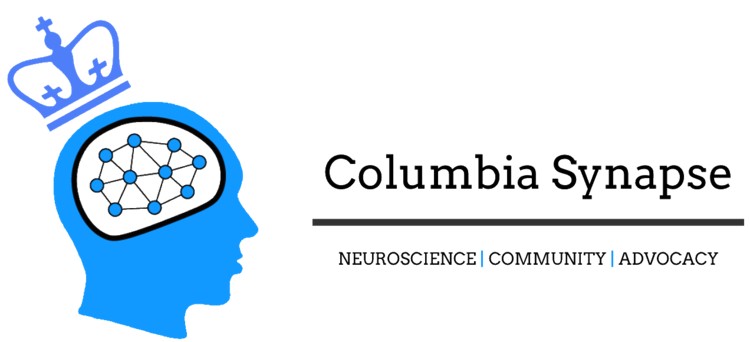
Columbia Synapse: Vice President of Neuroscience and Research Events
Columbia Synapse is a New York City-based service organization guided by principles of neuroscience, community, and advocacy for the community of individuals with brain injury and other invisible disabilities. The group draws on a wide network of resources from the City’s hospital systems to organize a diverse portfolio of programs that cultivate a community for individuals with acquired brain injury (ABI) and a greater understanding of brain injury for Columbia University and NYC.

Columbia Science Review: Organizational Committee Member
The Columbia Science Review (CSR) is an undergraduate student organization dedicated to promoting scientific engagement and inquiry. CSR’s Executive Board is centered around organizing events and interdisciplinary projects that make science practical, accessible, and relevant to the perspectives of everyday society.
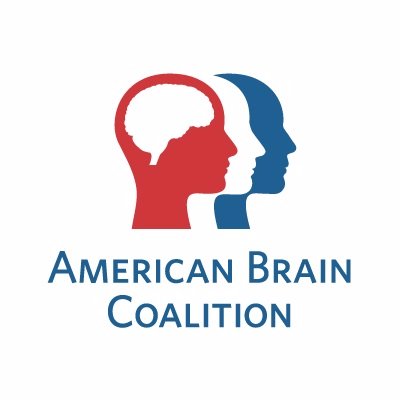
American Brain Coalition: Programming, Engagement & Outreach Committee
The PEO Committee is responsible for developing, implementing, and monitoring educational programs, and membership and community engagement and outreach efforts offered by the Coalition.
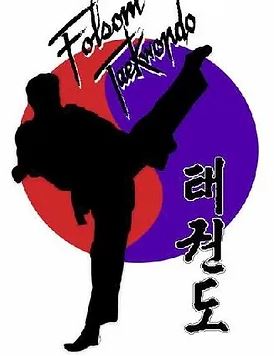
Folsom Family Taekwondo Center: Junior Leader
Folsom Family Taekwondo Center is an award-winning Taekwondo school that has been providing professional martial arts training for over 40 years. Folsom Family Taekwondo’s programs have been responsible for training over a thousand black belt students and many National Champions as we take great pride in our commitment to excellence.
Community Service
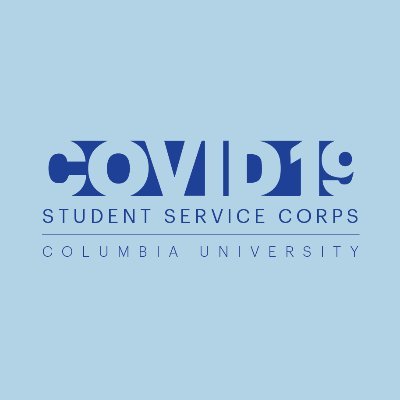
Columbia University COVID-19 Student Service Corps
The CSSC is an interprofessional service-learning organization that galvanizes the skills and expertise of faculty and students from over 12 schools and programs in the response to the COVID-19 pandemic and is agile enough to shift and respond to future public health and medical emergencies.

Mount Sinai Morningside
Mount Sinai Morningside is the leading healthcare provider for West Harlem and Morningside Heights and offers a level 2 trauma center.

The Roger Lehecka Double Discovery Center
DDC is a comprehensive college access program that prepares first-generation youth from low-income communities in the New York City area to succeed in getting to, through, and beyond college.
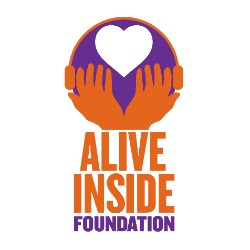
Alive Inside Foundation
The Alive Inside Foundation is an organization dedicated to expanding human connection. We use the power of music and story to create meaningful, shared connections aimed at healing a widening generation gap and inspiring a vibrant vision of aging for all.
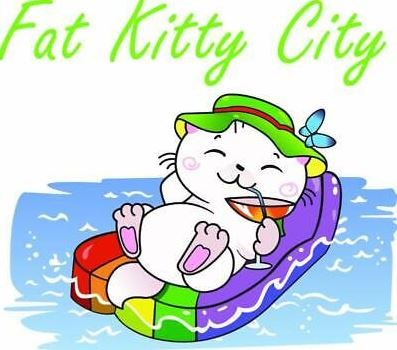
Fat Kitty City
The Agee Memorial Wildlife Fund, Inc., (Agee) is a non-profit 501(c)3 Corporation, dedicated to ending needless animal suffering, through spaying, neutering, socializing, adopting, and other approaches. We currently operate our one-of-a-kind sanctuary, “Fat Kitty City” on a twenty-acre, tree-studded natural environment in Northern California.